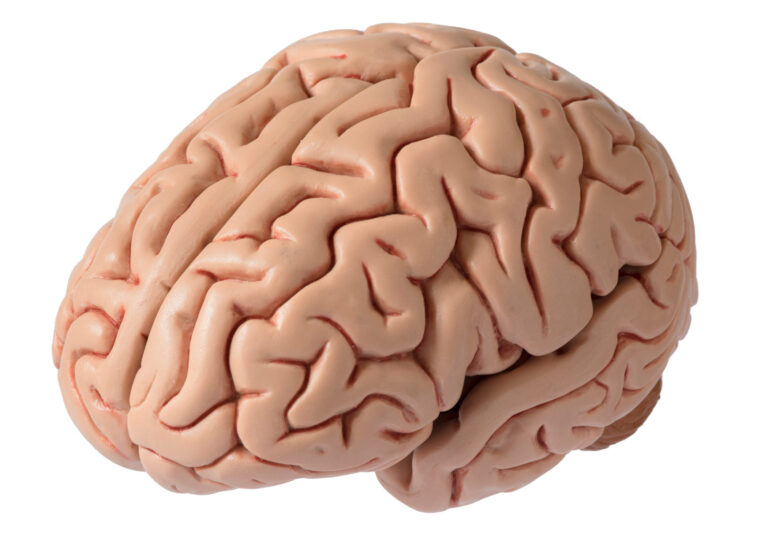Sleep apnea is a common yet potentially serious sleep disorder that affects millions of people worldwide. It is characterized by pauses in breathing or shallow breathing during sleep, resulting in disrupted and poor quality sleep. While the most commonly known symptoms of sleep apnea are excessive daytime sleepiness, loud snoring, and morning headaches, recent research has shown a potential link between sleep apnea and cognitive decline.
Cognitive decline refers to a gradual decrease in mental abilities such as memory, thinking, and problem-solving. It is a normal part of aging, but it can also be a symptom of various health conditions, including sleep disorders like sleep apnea. The brain is responsible for regulating our sleep patterns, and any disruption in this process can have a significant impact on our cognitive function.
Several studies have been conducted in recent years to explore the connection between sleep apnea and cognitive decline. One study published in the journal Neurology found that individuals with untreated severe sleep apnea were more likely to develop mild cognitive impairment (MCI) than those without the disorder. MCI is a stage of cognitive decline that falls between normal age-related changes in cognitive function and more severe conditions such as Alzheimer’s disease.
Another study published in the Journal of Clinical Sleep Medicine found that individuals with sleep apnea had more significant memory problems and slower processing speeds compared to those without the disorder. The researchers also found that the severity of sleep apnea was directly related to the severity of cognitive impairment.
But how exactly does sleep apnea contribute to cognitive decline? The most accepted theory is that the repeated interruptions in breathing during sleep lead to a lack of oxygen supply to the brain, causing damage to brain cells and affecting cognitive function. The pauses in breathing can also disrupt the normal sleep cycle, preventing the brain from entering into the critical deep sleep stage, which is essential for memory consolidation and restoration.
Moreover, individuals with sleep apnea often experience fragmented sleep, where they wake up multiple times throughout the night. This constant disruption in sleep patterns can lead to daytime sleepiness, fatigue, and difficulty concentrating, all of which can impact cognitive function.
The link between sleep apnea and cognitive decline is also evident in the increased risk of developing other conditions associated with cognitive decline, such as dementia and Alzheimer’s disease. A study published in the American Journal of Respiratory and Critical Care Medicine found that individuals with severe sleep apnea were at a higher risk of developing Alzheimer’s disease or other forms of dementia.
It is essential to note that not everyone with sleep apnea will experience cognitive decline, but the risk is significantly higher for those with untreated or severe cases. However, the good news is that treating sleep apnea can improve cognitive function and slow down the progression of cognitive decline.
Continuous Positive Airway Pressure (CPAP) therapy is the most common and effective treatment for sleep apnea. It involves wearing a mask over the nose or mouth during sleep, which delivers pressurized air to keep the airway open and prevent pauses in breathing. Studies have shown that consistent use of CPAP therapy can improve cognitive function, memory, and attention span in individuals with sleep apnea.
Other lifestyle changes such as maintaining a healthy weight, avoiding alcohol and smoking, and practicing good sleep hygiene can also help manage sleep apnea and reduce the risk of cognitive decline. These changes can include sleeping on your side instead of your back, avoiding caffeine and heavy meals before bedtime, and creating a comfortable sleeping environment.
In conclusion, the link between sleep apnea and cognitive decline cannot be ignored. If left untreated, sleep apnea can have serious consequences on an individual’s mental and physical health. It is essential to recognize the symptoms of sleep apnea and seek proper diagnosis and treatment from a healthcare professional. By properly managing sleep apnea, we can not only improve our overall quality of life but also potentially slow down cognitive decline and reduce the risk of more severe conditions such as dementia and Alzheimer’s disease.




